Archibald G. Brown
Spurgeon's Successor
| Weight | 1.36 lbs |
|---|---|
| Dimensions | 8.8 × 5.75 × 1.1 in |
| ISBN | 9781848711396 |
| Binding | Cloth-bound, eBook (ePub & Mobi), Cloth-bound & eBook (ePub & Mobi) |
| Topic | 19th Century, 20th century, Pastoral Biography |
| Original Pub Date | 2011 |
| Banner Pub Date | Oct 27, 2011 |
| Page Count | 432 |
| Format | Book |
Book Description
In his biography of Archibald G. Brown, Iain Murray writes that instead of following his father to wealth in commerce and banking, Archibald Brown built a church to hold 3,000 in the East End of London while still in his twenties. Five thousand eight hundred were to join in 30 years. Almost simultaneously he led mission work among the poor, being described by the Daily Telegraph newspaper as possessing ‘a larger practical acquaintance with the homes, and the social horrors of the foulest corners of the East of London than anyone who could well be cited.’
When his health demanded a change, AGB (as he was popularly known) served other churches, including the Metropolitan Tabernacle, London, before a last decade of extensive travel with a temporary home in South Africa. After Spurgeon died (1892), Brown was a foremost leader among those for whom Christian preaching still meant ‘love, blood, and power’. It was written of him in 1913 ‘No man of modern times, of his school of thought, can command larger audiences.’ Few spoke with more sympathy and tenderness, characteristics deepened by bereavements and the heart-felt realization that, ‘We have to perform our service in the same Spirit in which our Lord worked, and our measure of power will be according to the measure of Christ’s Spirit which we possess.’
After days of revival, AGB lived to see adverse changes in the churches. What a majority accepted as progress, he saw as apostasy, and as the Christian faith waned in Britain, his life came to be remembered by few. But truth that comes from Scripture cannot die. Those who read him today will find him alive, and his life opens a window on New Testament Christianity.
Table of Contents Expand ↓
| Illustrations | ix | |
| Preface | xi | |
| 1 | Browns, Browns, Browns | 1 |
| 2 | A New College and New Churches | 25 |
| 3 | An Awakening in Stepney Green | 47 |
| 4 | Converts and the Evangel | 69 |
| 5 | Family Partings | 89 |
| 6 | In the Midst of Sorrows | 101 |
| 7 | ‘Over the Water to Charlie’ | 123 |
| 8 | Can Faith Fail? | 151 |
| 9 | The Closing Years in East London | 173 |
| 10 | Visits to America and Palestine | 197 |
| 11 | In South London Again | 211 |
| 12 | The Unexpected at the Metropolitan Tabernacle | 235 |
| 13 | Being Faithful without Revival | 257 |
| 14 | Apostasy and Calvinism | 275 |
| 15 | World Traveller | 305 |
| 16 | The Man and the Preacher | 335 |
| Appendices | ||
| 1 | Sermons of Archibald G. Brown | 369 |
| 2 | Family Tree of Archibald G. Brown | 373 |
| 3 | Musical Instruments in Worship | 375 |
| 4 | AGB’s Sermon Notes on Luke 9:26 | 393 |
| 5 | Later History of the East London Tabernacle and the Metropolitan Tabernacle | 395 |
| Index | 397 |
ENDORSEMENTS
‘He was a leader. He had initiative. He was original, and in certain ways had a touch of genius all his own.’
, H.H. TURNER
‘In addition to this pastoral work, Mr. Brown has probably done more service in preaching up and down the country than any other man.’– SIR ARTHUR BLACKWOOD, 1891
Reviews
Related products

Description
A biography of Archibald G. Brown (1844-1922), who built a church to seat 3000 in the East End of London while still in his twenties, led mission work among the poor, and was Co-pastor and then Pastor of the Metropolitan Tabernacle, 1907-10. 432pp. Illustrated.
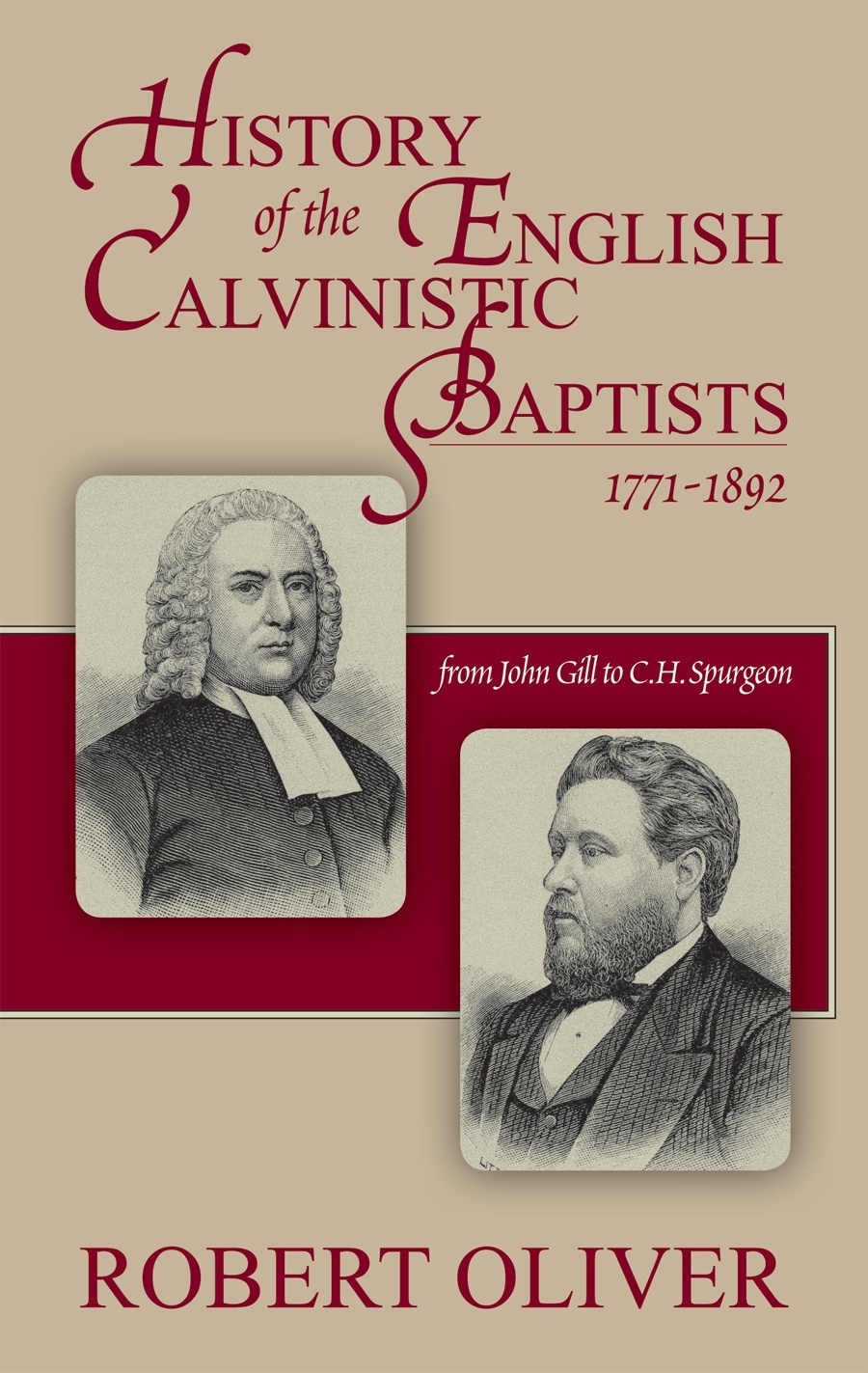
History of the English Calvinistic Baptists 1791-1892
From John Gill to C.H. Spurgeon
Description
A biography of Archibald G. Brown (1844-1922), who built a church to seat 3000 in the East End of London while still in his twenties, led mission work among the poor, and was Co-pastor and then Pastor of the Metropolitan Tabernacle, 1907-10. 432pp. Illustrated.
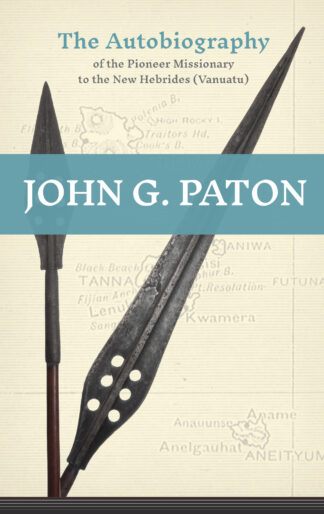
John G. Paton
The Autobiography of the Pioneer Missionary to the New Hebrides (Vanuatu)
Description
A biography of Archibald G. Brown (1844-1922), who built a church to seat 3000 in the East End of London while still in his twenties, led mission work among the poor, and was Co-pastor and then Pastor of the Metropolitan Tabernacle, 1907-10. 432pp. Illustrated.

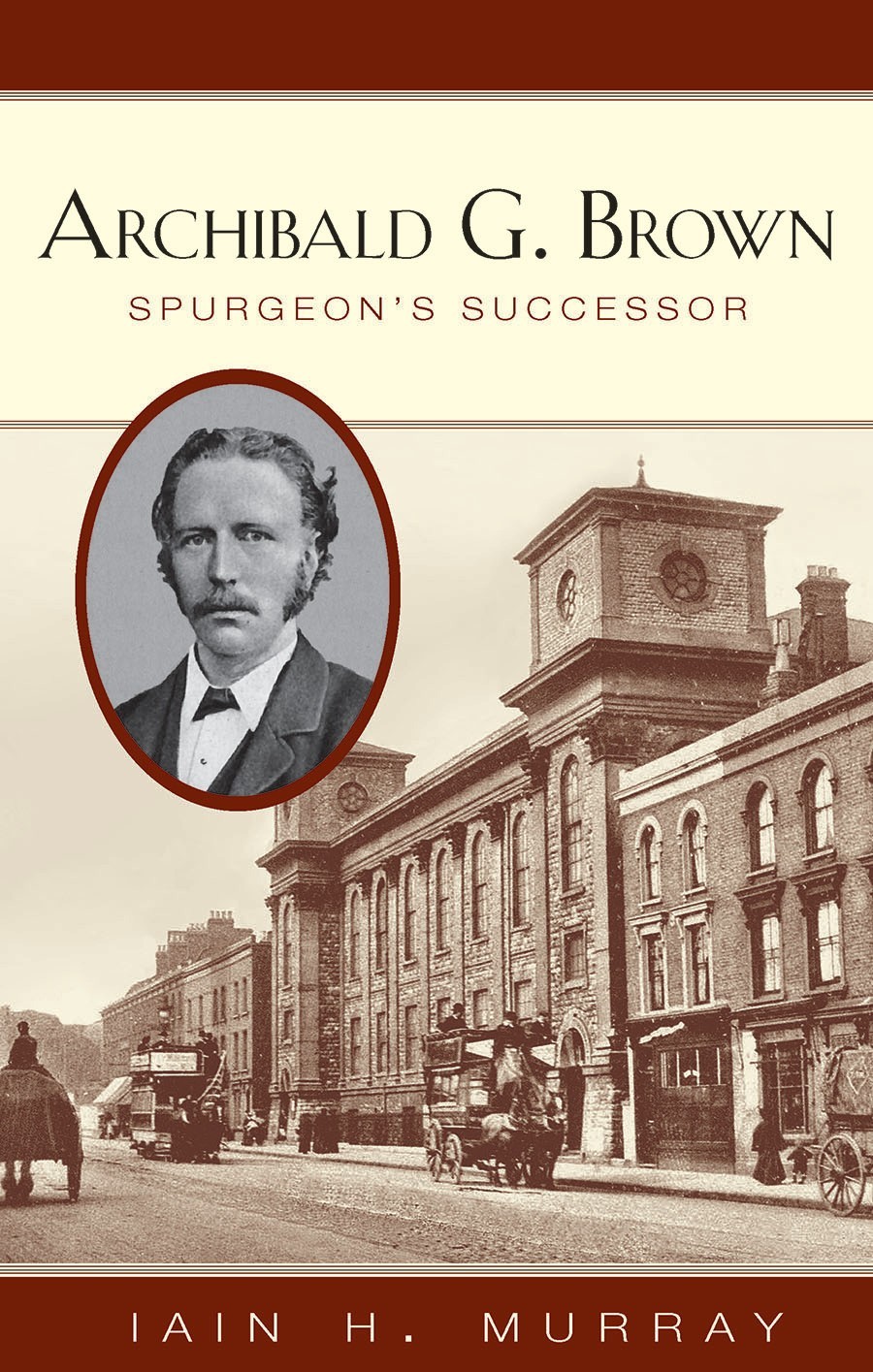
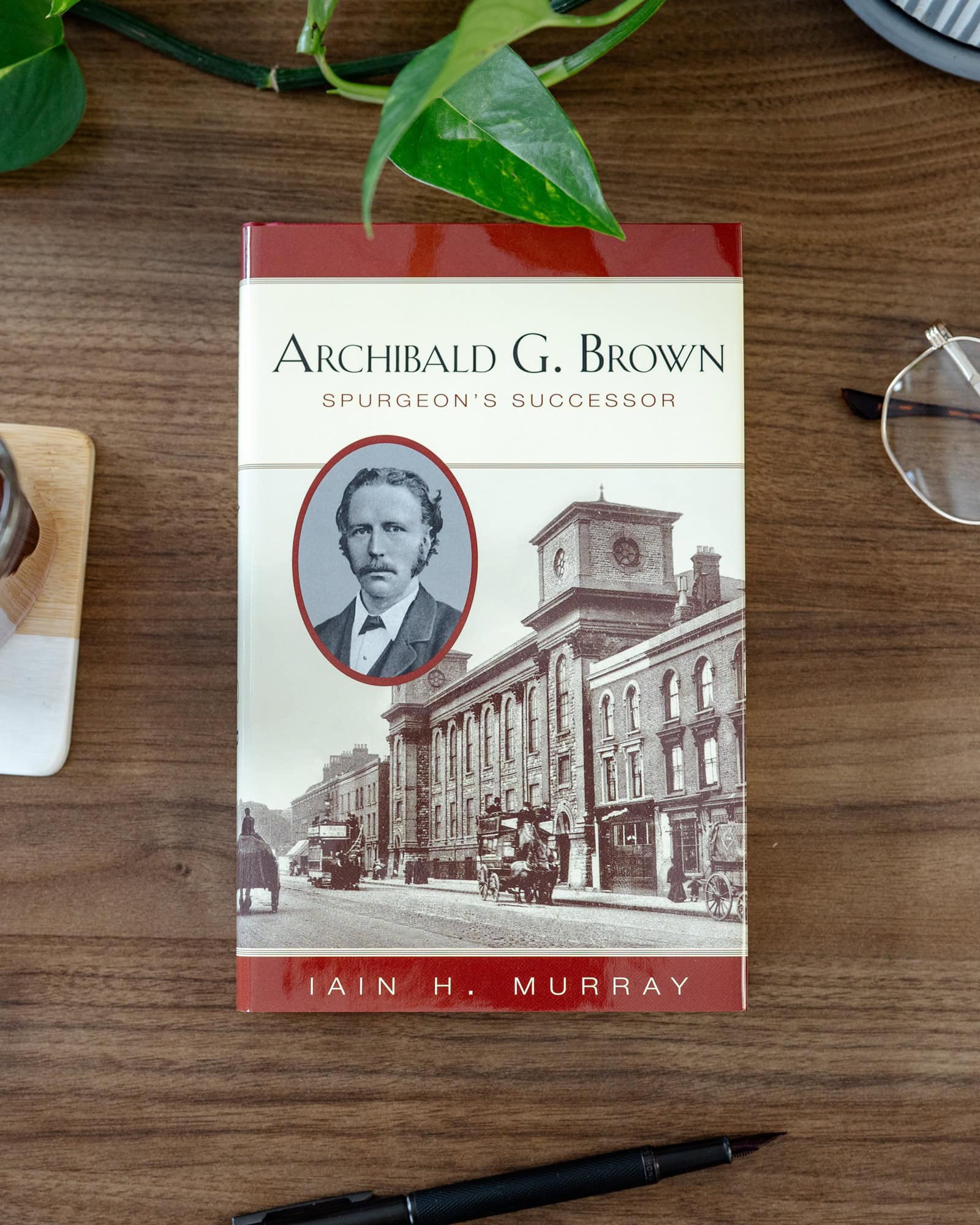
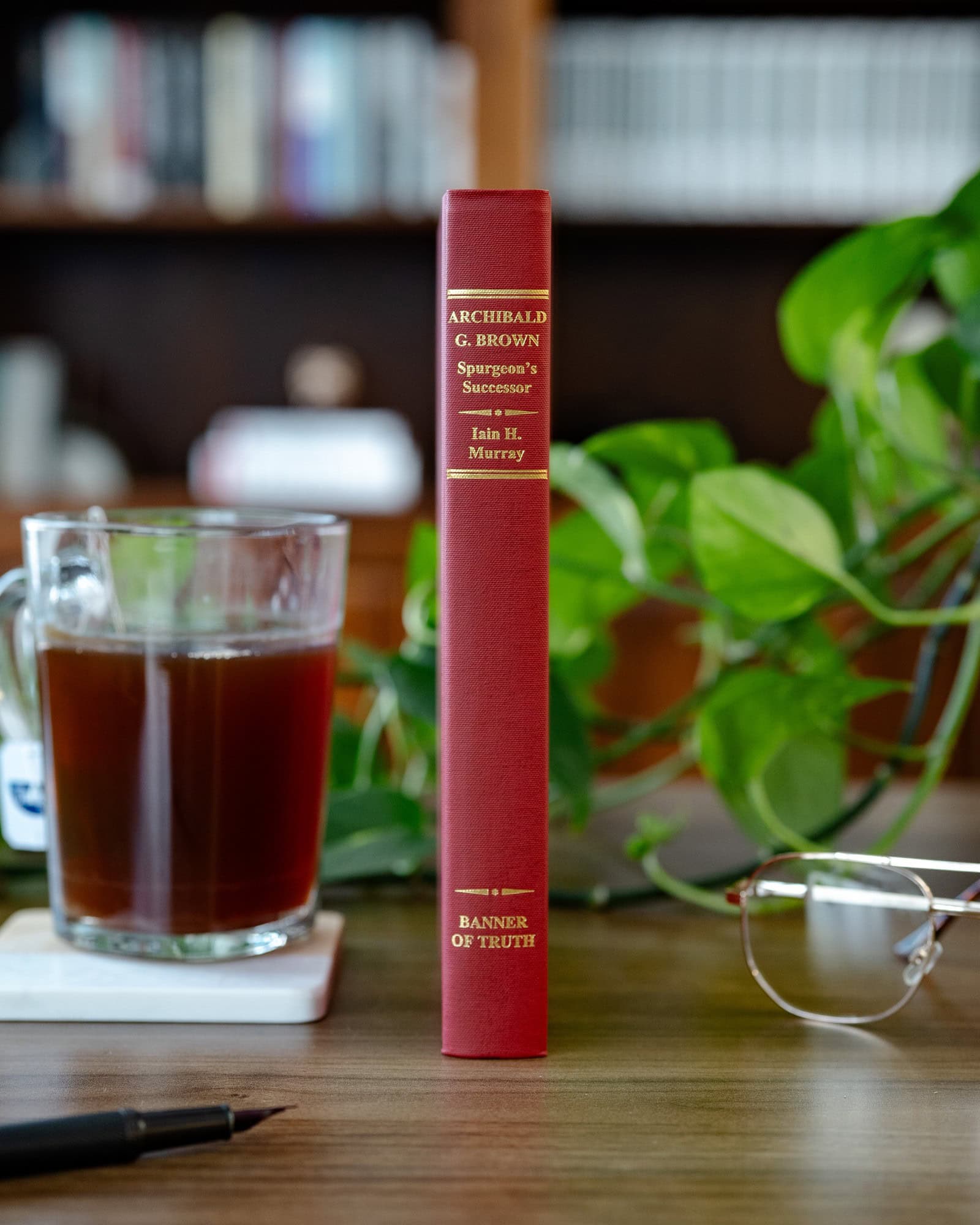
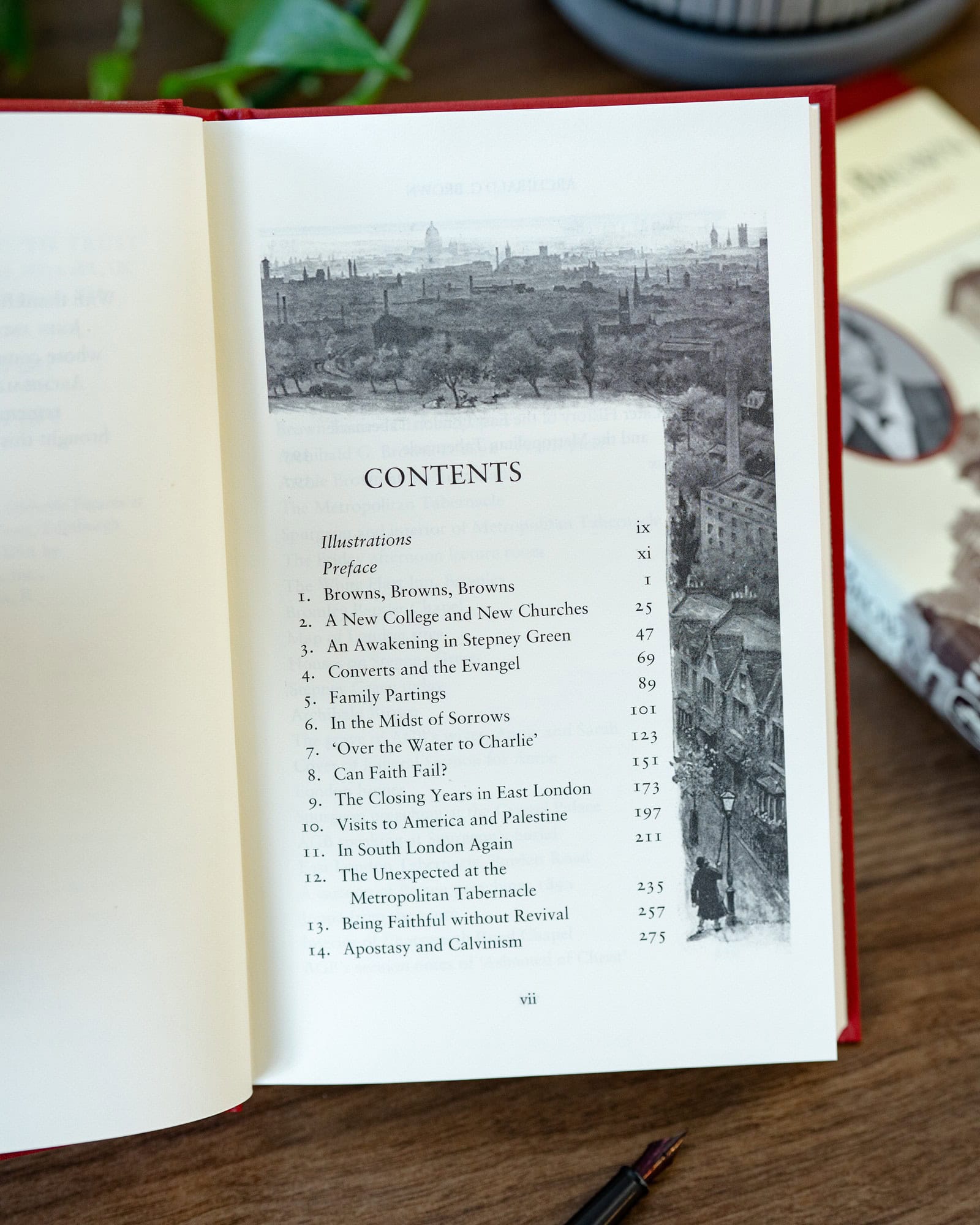
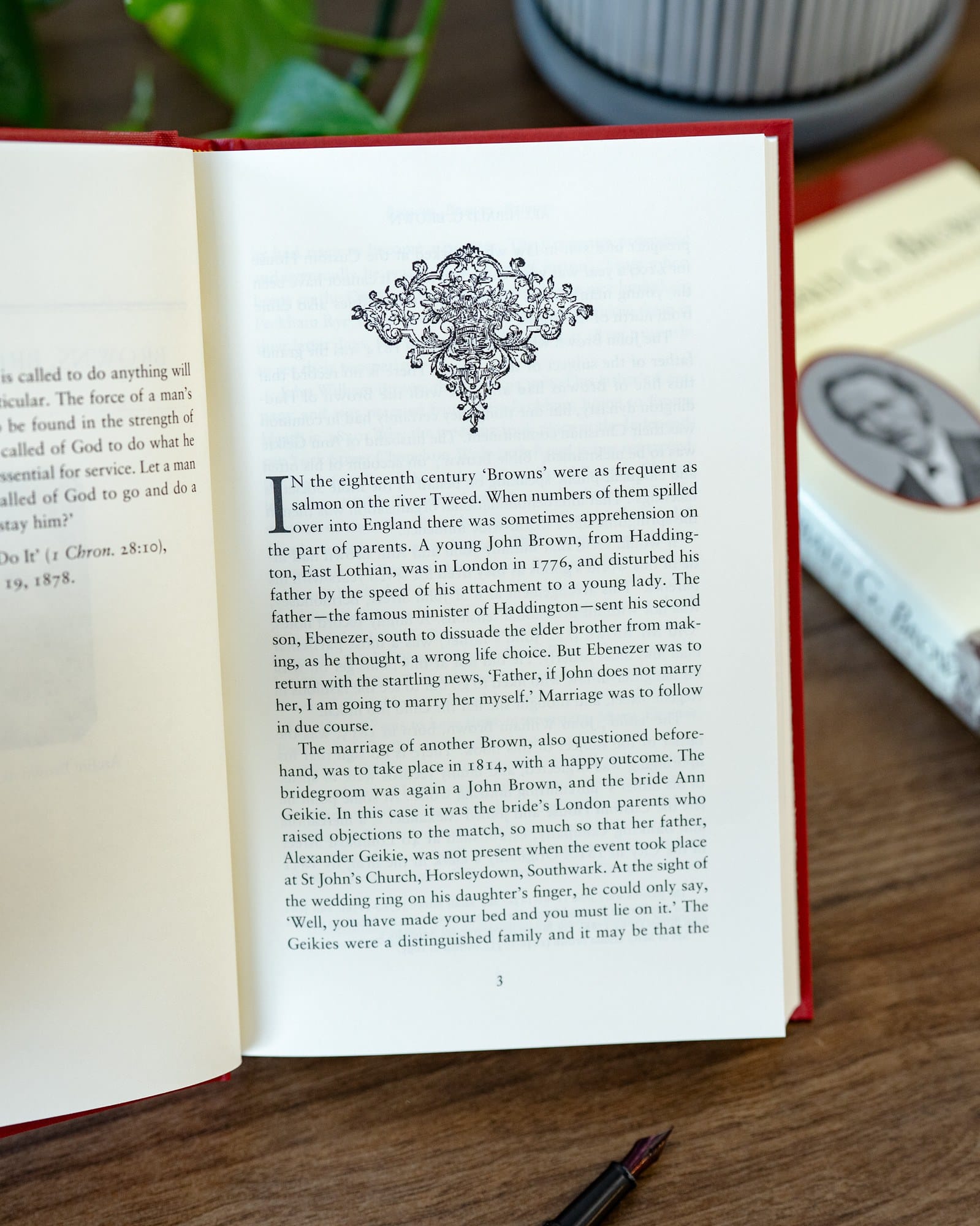
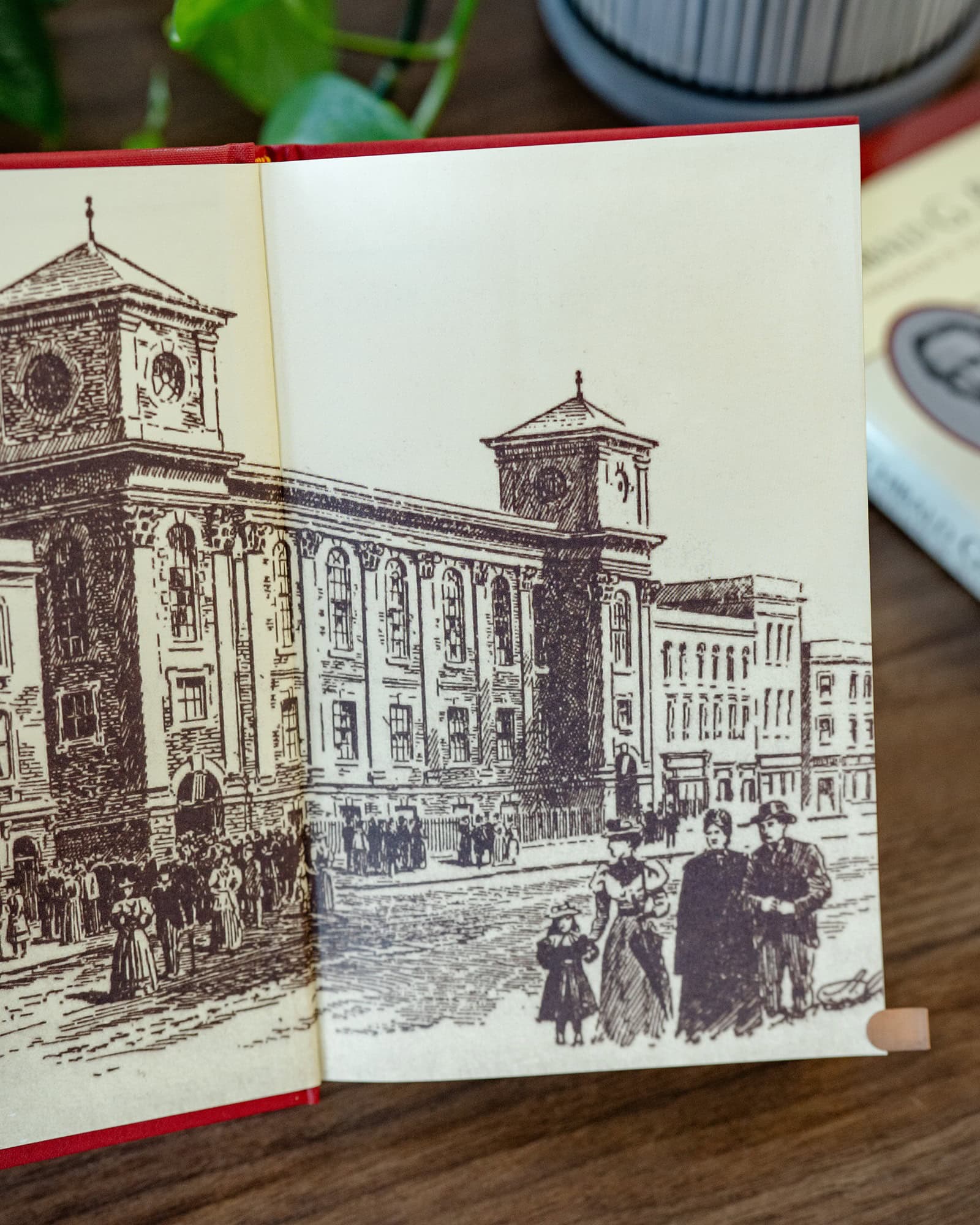
Testimonials
Submit your testimonial
There are no testimonials yet, would you like to submit yours?